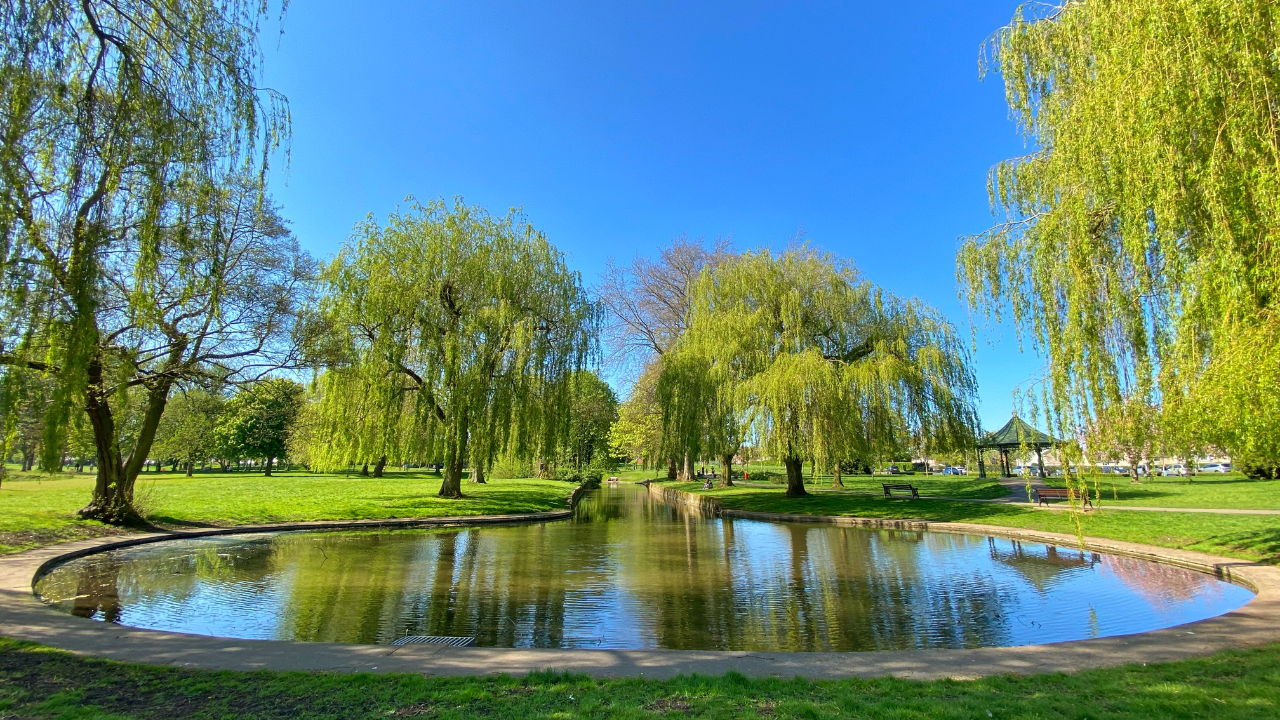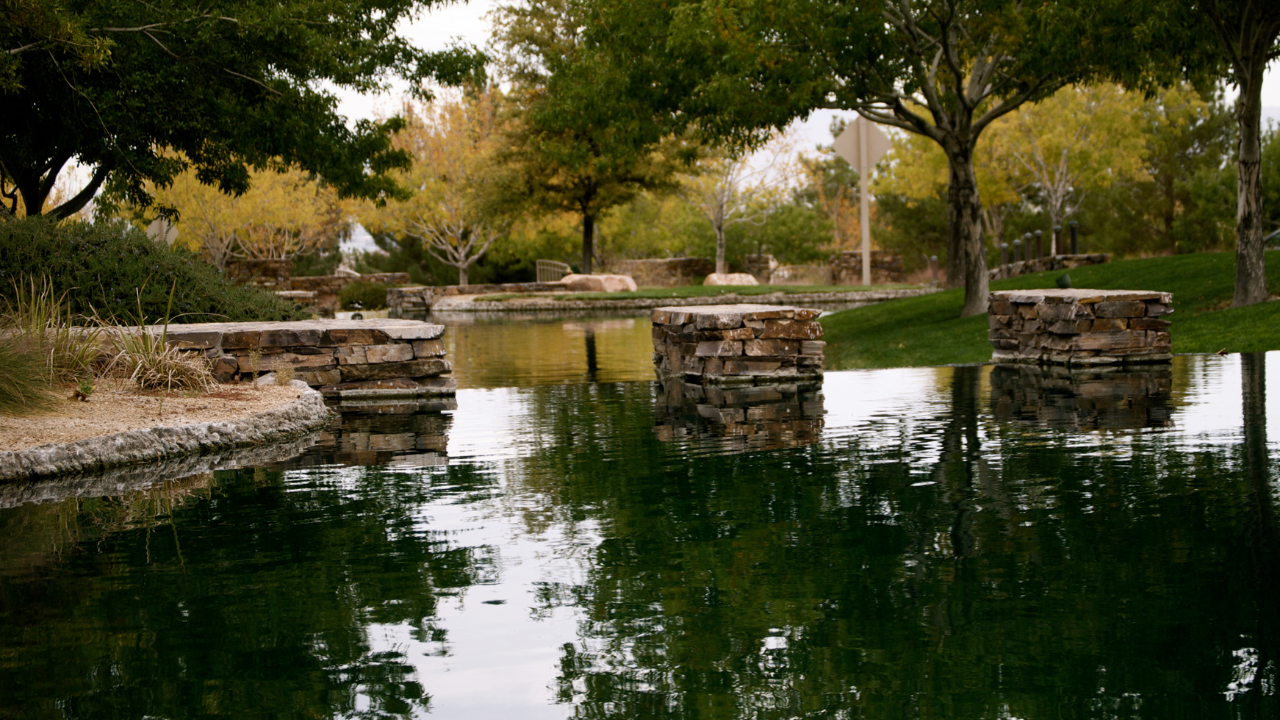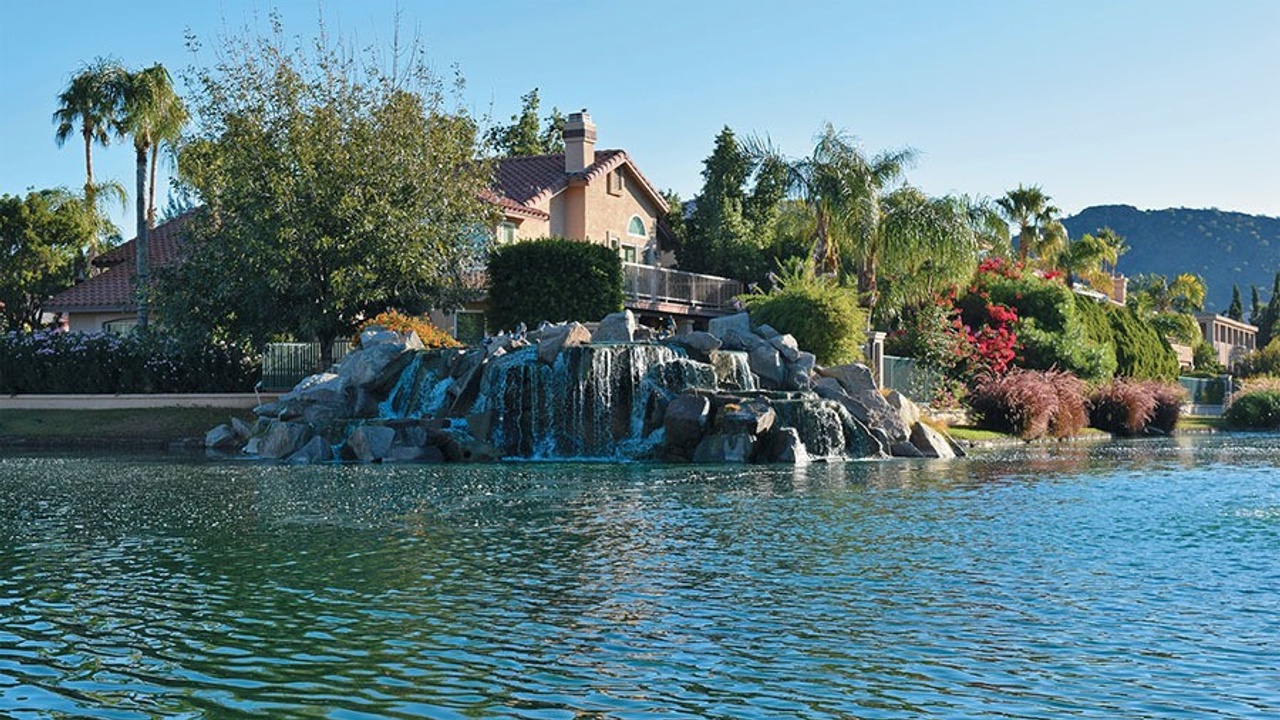Blog
Stay up to date with all the latest community association industry news. Subscribe to this blog and receive notifications of new posts by email here
Beyond the Water: Effectively Managing Lake and Pond Shorelines

By Trent Nelson
Imagine taking an evening walk as the sun sets across the beautiful lake or pond in your community. The sky is pink and orange, crickets are chirping, and a warm breeze blows across the water. Now, imagine looking down at the steep shoreline in front of you, finding that it’s bare, crumbling, and so unstable that you’re wary to venture to the edge. Not only is this an unsightly and even dangerous distraction, but it can make residents question the management priorities of their association and deter new homeowners from settling down in the community.
Even the most well-cared-for lakes and ponds are incomplete without regular shoreline maintenance. Preventive management is necessary to support the health and longevity of the overall ecosystem, and management efforts can vary for each part of the shoreline. However, before jumping into implementing proactive and ongoing strategies, existing erosion issues must be addressed.
The most effective solution for severe erosio...
3 Common Lake and Pond Management Misconceptions

By Trent Nelson
As An Aquatic specialist with more than a decade of experience, I’ve assisted hundreds of property managers with their lake and stormwater pond management needs over the years. Despite the diverse types of lakes and ponds they oversee, I’ve noticed that many clients have the same set of concerns or misconceptions about their waterbodies. These often come to light as we work together to design a freshwater management program. Let’s take an in-depth look at some of these common assumptions.
1. LAKES AND PONDS ARE PERMANENT FIXTURES IN THE LANDSCAPE
While lakes and ponds can be long-lasting features in our communities, they are not permanent. They fill with sediment that erodes from the shoreline or flows in during rainstorms. Weed growth and decomposition may lead to the development of muck. And trash, tree branches, and other pollutants can build up over time.
The aging of a lake or pond is a natural phenomenon, but can be highly accelerated through human activity a...
Consistent Lake Management Helps Create Happier, Healthier Communities

By Noel Browning, Aquatic Biologist at SOLitude Lake Management
Lakes, rivers, beaches, and even swimming pools have beneficial effects on the well-being of visitors that are hard to define. Water is not only essential for our survival, it has a profoundly relaxing and refreshing impact on people’s mental health and happiness. Human beings will always be inextricably connected to water physically, mentally, and spiritually. This helps explain why communities near large water systems are common vacation destinations and highly desirable places for residential communities. It also underscores the importance of preserving our precious aquatic resources.
Maintaining balanced aquatic ecosystems is more important than ever as water scarcity, eutrophication, drought, and increasing demand continue to cause depletion and degradation of water quality worldwide. Water pollution can lead to harmful algal blooms, toxicity, nuisance and invasive aquatic weed growth, bad odors, and taste issues in...
Proactive Annual Lake and Pond Management is Better for the Environment and Your Wallet

By Marc Bellaud, Aquatic Biologist SOLitude Lake Management
This article first appeared in the Fall 2021 Issue of The Communicator here.
We have all heard the adages about being proactive: "The early bird gets the worm" and "Don’t put off until tomorrow what you can do today." These principles apply to nearly every facet of life, whether it’s our job performance, health care, financial planning, or in this case, lake and pond management. It’s no secret that taking care of our environment is important, but it goes beyond that. Science suggests that the preservation of our water resources is a key factor in our health and happiness; memorable experiences and time spent around the water lead to a greater sense of peace and connection to the world around us.
Much like the human body, when a lake or pond is ‘young,’ it typically requires less effort and funds to keep it healthy and functional. But a lifetime of neglect can lead to premature aging and serious imbalances. Without ongoing m...
